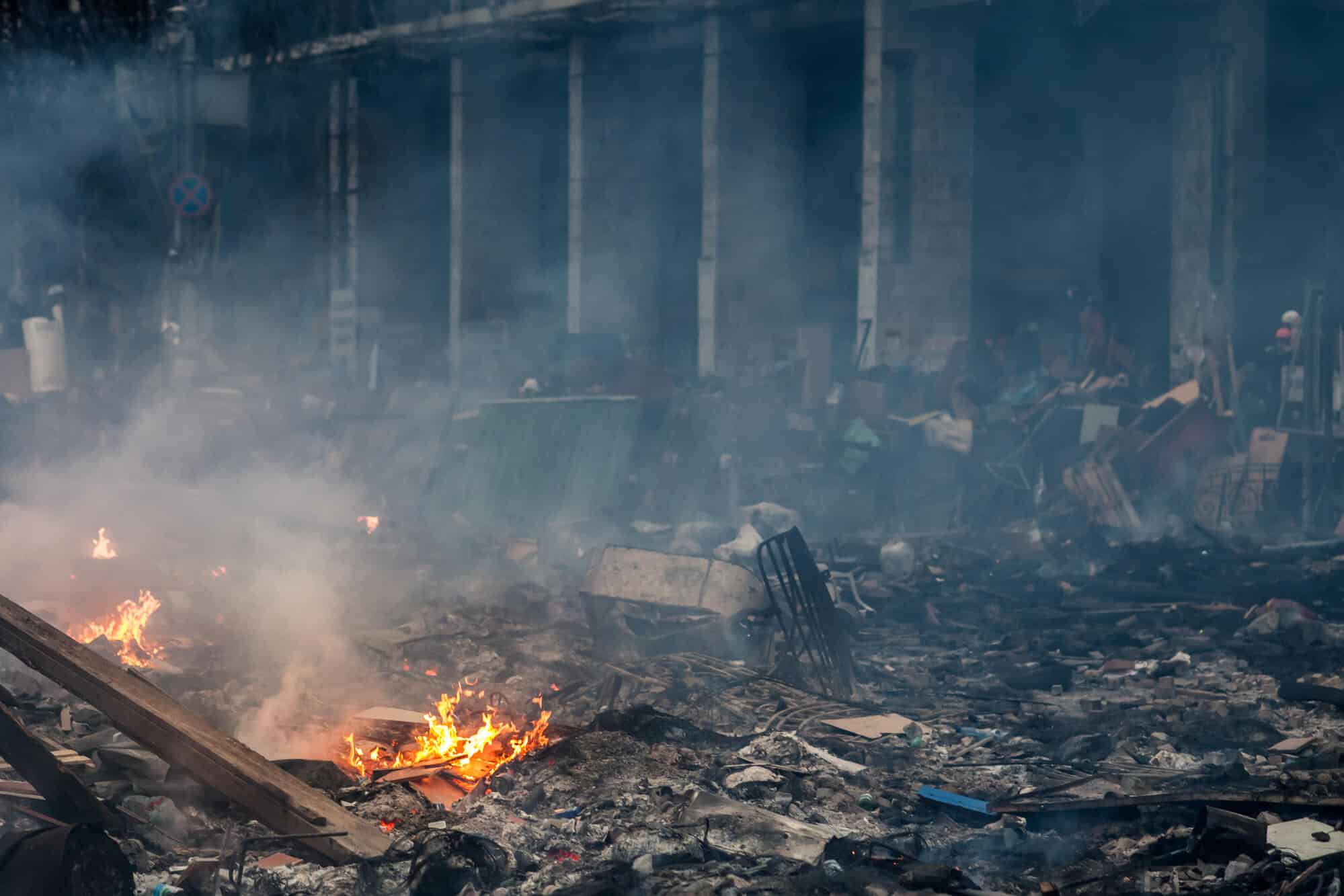Researchers were looking for new varieties of coffee in Africa, which could replace the Arabica variety whose cultivation was damaged by climate change * There is a candidate in Sierra Leone

Recently, a lot of news has been published about the danger to coffee crops due to global warming and climate change. It is possible that some of the news is spread to justify price increases, and yet there is no doubt that climate change may damage many crops, including coffee.
When dealing with the growing conditions of coffee, it is worth remembering that the coffee trees thrive in basic soils that are found in trending rocks, in conditions of abundant seasonal rain and a temperature range between 12 and 25 degrees. Although the soils have not changed, the two climate conditions are changing, and hence there is already damage to the coffee crops today, which may increase and expand.
With millions of people drinking coffee every day, signs of damage to the coffee plants put the coffee supply at risk. Consumers are indeed harmed, but more than that, the damage to the coffee crops endangers the livelihood of millions of growers in Africa, Asia and South America.
The species preferred by most consumers is Arabica, which provides about 60% of the coffee we drink. The other 40% consumed are of the robusta species, which is mainly used for the espresso and "miracle" (instant coffee) industries.
To prevent the collapse of the growth, researchers at Kew Gardens, led by Aaron Davis, are looking for alternatives, that is, other types of coffee. It is possible that the solution is found in the equatorial forests of West Africa, where more than a hundred species of coffee have been discovered to date, but the taste of most species is not palatable.
Recently, the researchers identified a "candidate" of the stenophylla species in the forests of Sierra Leone, which would be suitable for growing and drinking coffee. The advantage of the "new" species is its resistance to extreme heat, and also, in its similarity to the taste of 'Arabica'.
On top of the new "candidate" are two additional species (eugenioides and liberica) which, according to the researchers, will allow industrial cultivation even under conditions of climate change. They taste delicious and some claim that their taste surpasses that of Arabica.
At the coffee maker competition in Milan (World Barista Championship) some praised the taste of the new species, which gives hope for the success of the cultivation and distribution of new coffee species.
The team of researchers at Geni-Q are engaged together with farmers in Uganda in breeding the new species in the hope that already this year it will be possible to market the crop to Europe. The development of the new species will provide a livelihood for the farmers and at the same time provide a new taste for the coffee drinkers.
More of the topic in Hayadan:

2 תגובות
Landav Solvay ("the expert"?)
In the past it was written that: "end of response in reading comprehension",
When it is written that climate change is harming the coffee crops
Are you the "expert" stating that "it's not related..."?
When it is written that the coffee needs a temperature range
Between 12 and 25 degrees
You the "expert" state that "coffee grows in places."
The hottest and wettest in the world"?
And comparing coffee to "bananas, cocoa and avocado"?
It turns out that you are probably the "expert"
Or maybe it's waving in the pits?
It has nothing to do with climate change. This is the result of unwise farming: focusing on two varieties of coffee and not cultivating additional varieties. A disease/fungus/pest is coming and the whole crop in the world is in danger. Coffee grows in the hottest and wettest places in the world, like bananas, cocoa and avocados - it is very interesting that "global warming" is pushing these crops to extinction